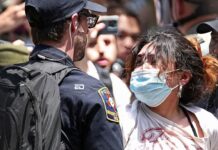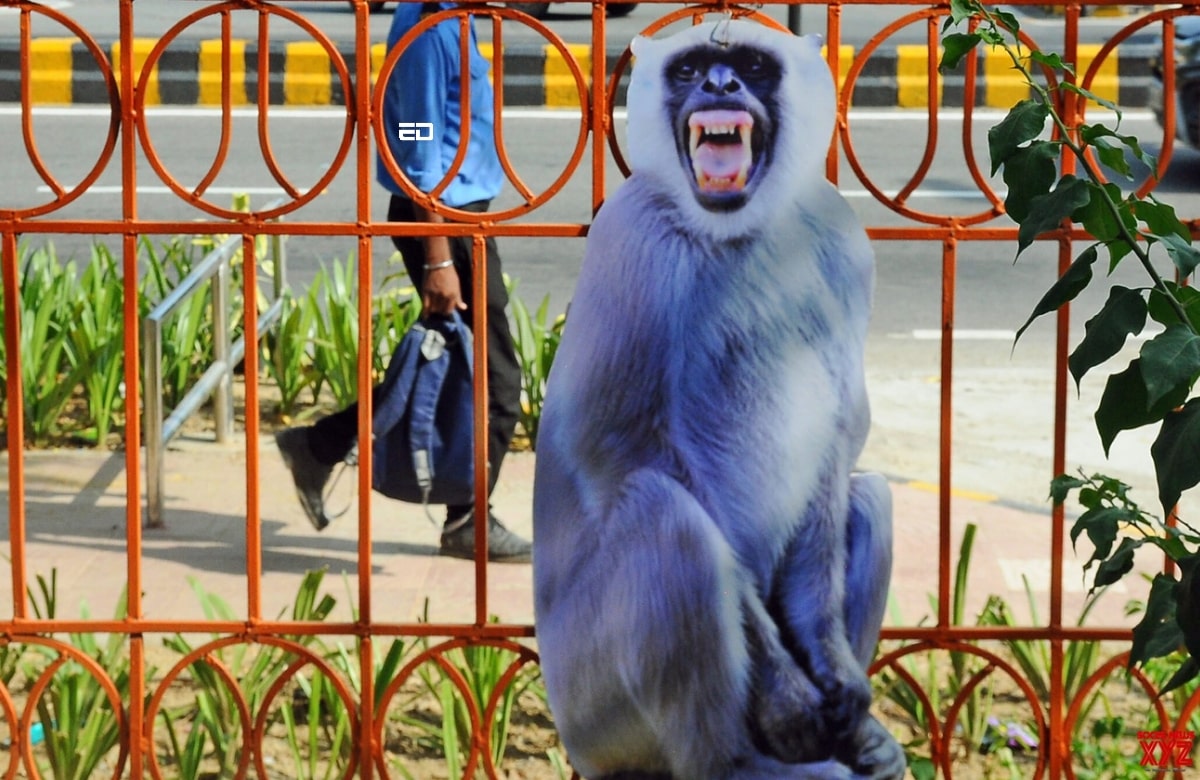As India gears up to host the G20 Summit in New Delhi on the 9th and 10th of September, the city is undergoing an extraordinary transformation to ensure the safety and security of the attending world leaders, including United States President Joe Biden, British Prime Minister Rishi Sunak, and Saudi Arabia’s Crown Prince Mohammed Bin Salman.
The scale of the security operation is unprecedented, with nearly 130,000 security officers, bomb squads, commandos, snipers, and various other personnel involved.
In addition to manpower, modern technology plays a crucial role in safeguarding the event against potential threats, including chemical, radiological, weapons attacks, aerial attacks, and protests.
Guarding a Fortress
The summit will take place at Pragati Maidan, a convention and exhibition center located in the heart of Delhi. Foreign intelligence agencies from countries like the United States, China, and the United Kingdom have arrived in Delhi to oversee and ensure the security of their leaders.
The Delhi Police have deployed a force of 80,000 officers, and thousands of personnel from other government security services, including the home guards and Border Security Force (BSF), are also part of the security apparatus.
Security for the 43 foreign leaders attending the G20 summit involves approximately 700 personnel from the Central Reserve Police Force (CRPF), all of whom have experience from their previous roles in the National Security Guard (NSG) or Special Protection Group (SPG).
These security personnel have undergone a refresher course in VIP security and received training on the cultural sensibilities of the 18 countries whose delegates are expected to visit.
Collaboration with International Intelligence Agencies
In a remarkable show of international cooperation, foreign intelligence agencies from nearly every participating country in the G20 summit have collaborated with India’s Research and Analysis Wing (RAW) and Intelligence Bureau (IB) to secure their respective leaders.
This level of coordination emphasizes the significance of the event and the commitment to ensuring the safety of all participants.
Guarding Hotels and Special Teams
Hotels hosting G20 delegates will have specialized teams known as “House Intervention Teams” (HIT squads) comprising Delhi Police officers and NSG commandos. These teams are trained to respond to hostage crises and conflicts within enclosed spaces.
SWAT teams will also be stationed outside designated hotels, with snipers providing support during hostage situations. The Indian Air Force (IAF) and NSG have conducted slithering drills to rapidly deploy personnel via helicopters in case of emergencies.
Read More: Here’s The Real Reason Behind Xi Jinping Skipping The G20 Meet In India
Integrated Aerospace Defense
The Indian Air Force (IAF) will deploy comprehensive measures for integrated aerospace defense in Delhi and surrounding areas.
This includes restrictions on sub-conventional aerial platforms such as drones and the stationing of air defense missiles, including systems like the Medium Range Surface to Air Missile (MRSAM) and the Akash air defense missile.
Advanced Surveillance and Detection
Artificial Intelligence (AI)-powered cameras are integrated into the security setup to detect individuals scaling walls or exhibiting unusual body movements during the summit.
Specialized bomb squads equipped with remotely operated vehicles and total containment vehicles are prepared for any potential bomb threats. A significant number of doctors and ambulances are on standby to address health emergencies, and fire tenders are strategically positioned.
Anti-Drone Measures and Hazardous Material Response
Anti-drone units equipped with specialized firearms and jamming devices will be stationed at the G20 venue to counter potential threats. The National Disaster Response Force (NDRF) will deploy Hazardous Material (Hazmat) vehicles to handle chemical or radiological emergencies during the event.
Traffic Management and Transportation
To manage traffic during the summit, over 10,000 traffic police personnel will be on duty. Heavy Goods Vehicles (HGVs), Medium Goods Vehicles (MGVs), and Light Goods Vehicles (LGVs) will be restricted from entering Delhi, with exceptions for vehicles carrying essential commodities.
Interstate buses will have terminating points on the Ring Road, and special arrangements will be made for passengers traveling to airports and railway stations.
India’s preparations for hosting the G20 Summit in New Delhi showcase an unparalleled commitment to ensuring the safety and security of world leaders and participants.
The integration of modern technology, international collaboration with intelligence agencies, and a massive deployment of security personnel exemplify the dedication to making this global event a secure and successful gathering. As New Delhi temporarily transforms into a fortress, the world will be watching closely to witness the outcomes of this significant summit.
Image Credits: Google Images
Feature Image designed by Saudamini Seth
Sources: The New York Times, The Economic Times, India Today
Find the blogger: Pragya Damani
This post is tagged under: G20 Summit, Security Measures, AI cameras, Anti-Drone, Air Defense Missiles, Foreign Intelligence, VIP Security, Traffic Management, Disaster Response, India Security, International Cooperation, World Leaders
Disclaimer: We do not hold any right, or copyright over any of the images used, these have been taken from Google. In case of credits or removal, the owner may kindly mail us.
Other Recommendations:
‘Tourist Police’ To Be Deployed At 21 Delhi Locations For G20: What Is Their Role?

































